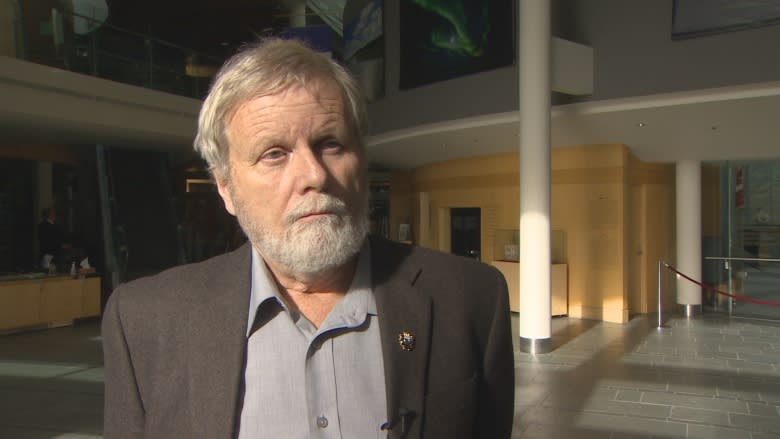RCMP handling of sexual assault allegations debated in N.W.T Legislature

The N.W.T Legislature addressed reports by the Globe and Mail suggesting a third of all sexual assault complaints in the territory are dismissed as "unfounded."
On Friday, MLA Julie Green spoke about the report in her statement and questioned Justice Minister Louis Sebert and Health Minister Glen Abernethy on the government's response to sexual violence.
Both ministers called the newspaper's findings "disturbing."
Between 2010-2014, police classified about about one out of every three sexual assault allegations as unfounded in the Northwest Territories and Nunavut. In Yukon, one out of every four cases was dismissed on those grounds, according to data obtained by the Globe and Mail.
Across Canada, one out of every five sexual assault complaint was deemed unfounded, the newspaper reported. Unfounded is a classification police services use when detailing that police believe a crime had never occurred.
"The situation is clearly very disturbing," Sebert said. "Our police are very aware of this issue and additional training will be provided and hopefully this rather shocking figure will decrease."
When pressed by MLA Julie Green to provide specifics, Sebert said he'd met with the RCMP's G Division's commanding officer and was assured the police force is working to implement changes.
Sebert said that includes reviewing all the sexual assault files from 2010-2014, additional training for officers and oversight by senior officers when future cases are deemed unfounded.
"I can advise you, the police are taking this matter very seriously," Sebert said.
Commanding officers from RCMP divisions across the country have been directed to review unfounded sexual assault claims from 2016 and a sample of historical cases.
But reviewing every sexual assault case during between 2010-2014, as Sebert says is happening in the Northwest Territories, would appear to go above and beyond this order.
In Yellowknife, 132 of 363 — 36 per cent — of cases were labelled unfounded, according to the Globe and Mail. Sebert said the RCMP believes that number to be closer to 21 per cent, with the other 15 per cent of those cases not having enough evidence to proceed to trial.
The rates for other Northern communities include:
- Inuvik, N.W.T — 39 per cent (49 out of 127 allegations)
- Fort Providence, N.W.T — 37 per cent (19 out of 52 allegations)
- Behchoko, N.W.T — 34 per cent (41 out of 119 allegations)
- Fort Liard, N.W.T — 30 per cent (8 out of 27 allegations)
- Grise Ford, Nunavut — 38 per cent (3 out of 8 allegations)
- Iqaluit, Nunavut — 37 per cent (109 out of 294 allegations)
- Dawson, Yukon — 35 per cent (7 out of 20 allegations)
- Whitehorse, Yukon — 29 per cent (97 out of 334 allegations)
The RCMP declined to speak with CBC News on this issue.

